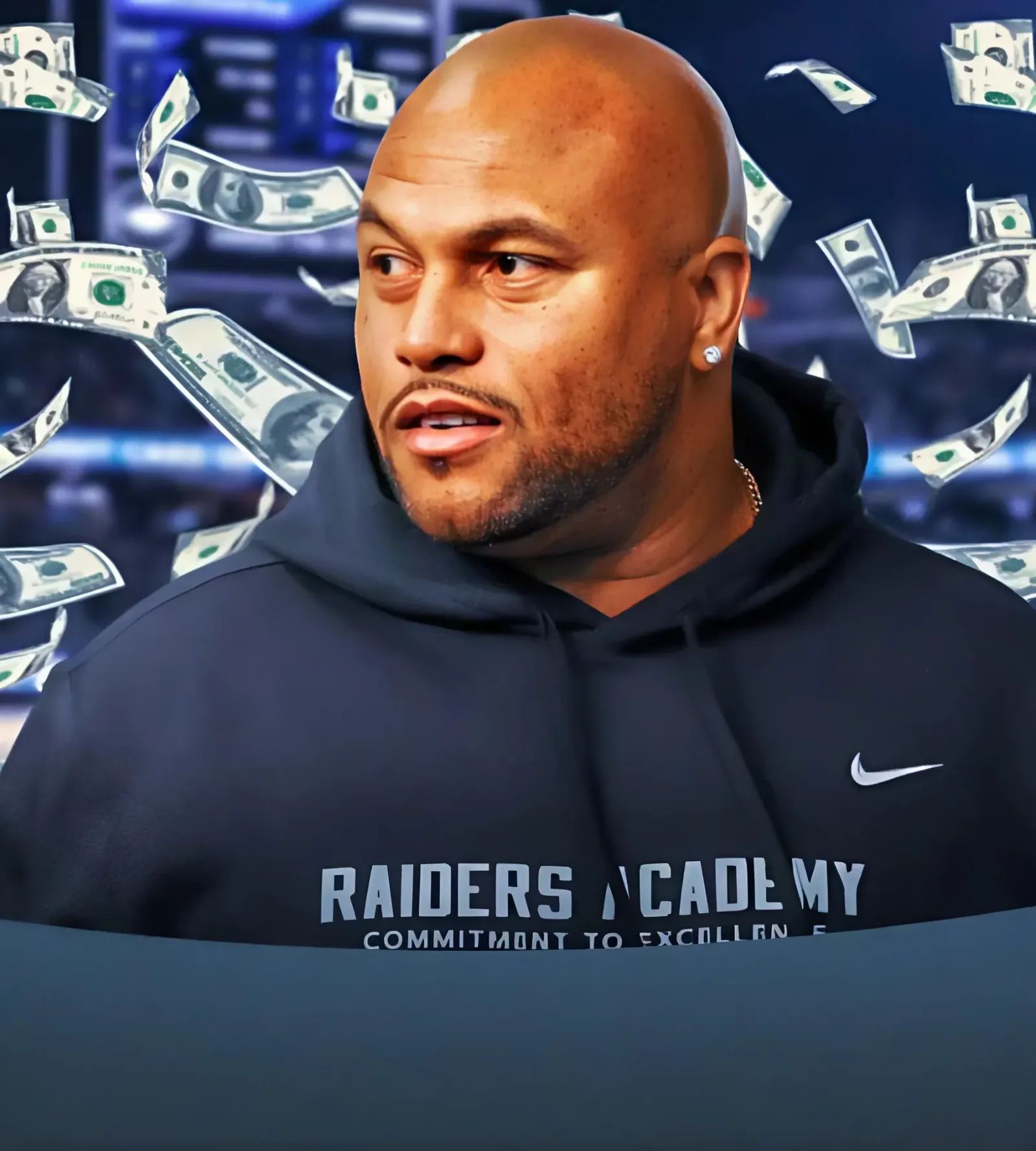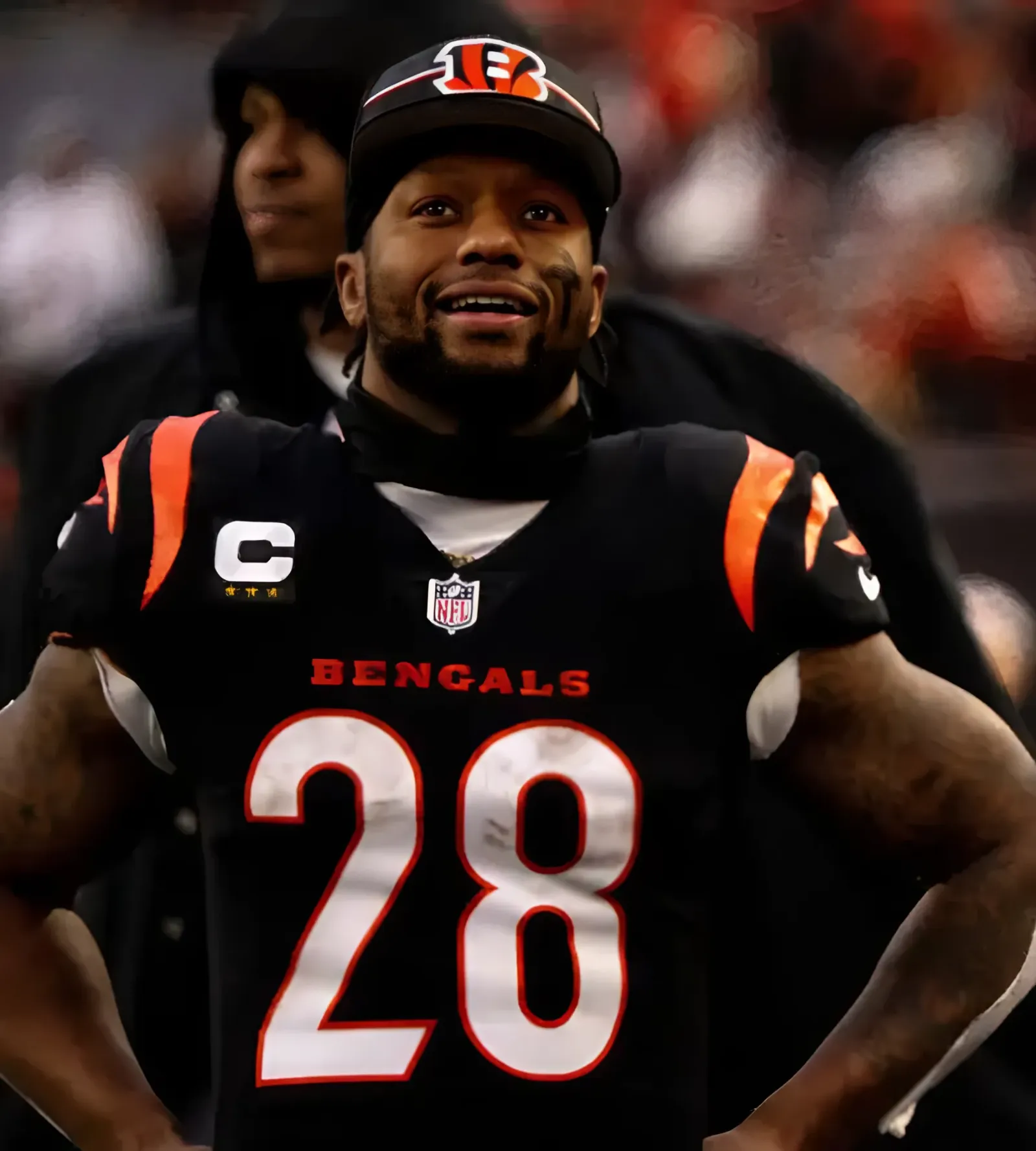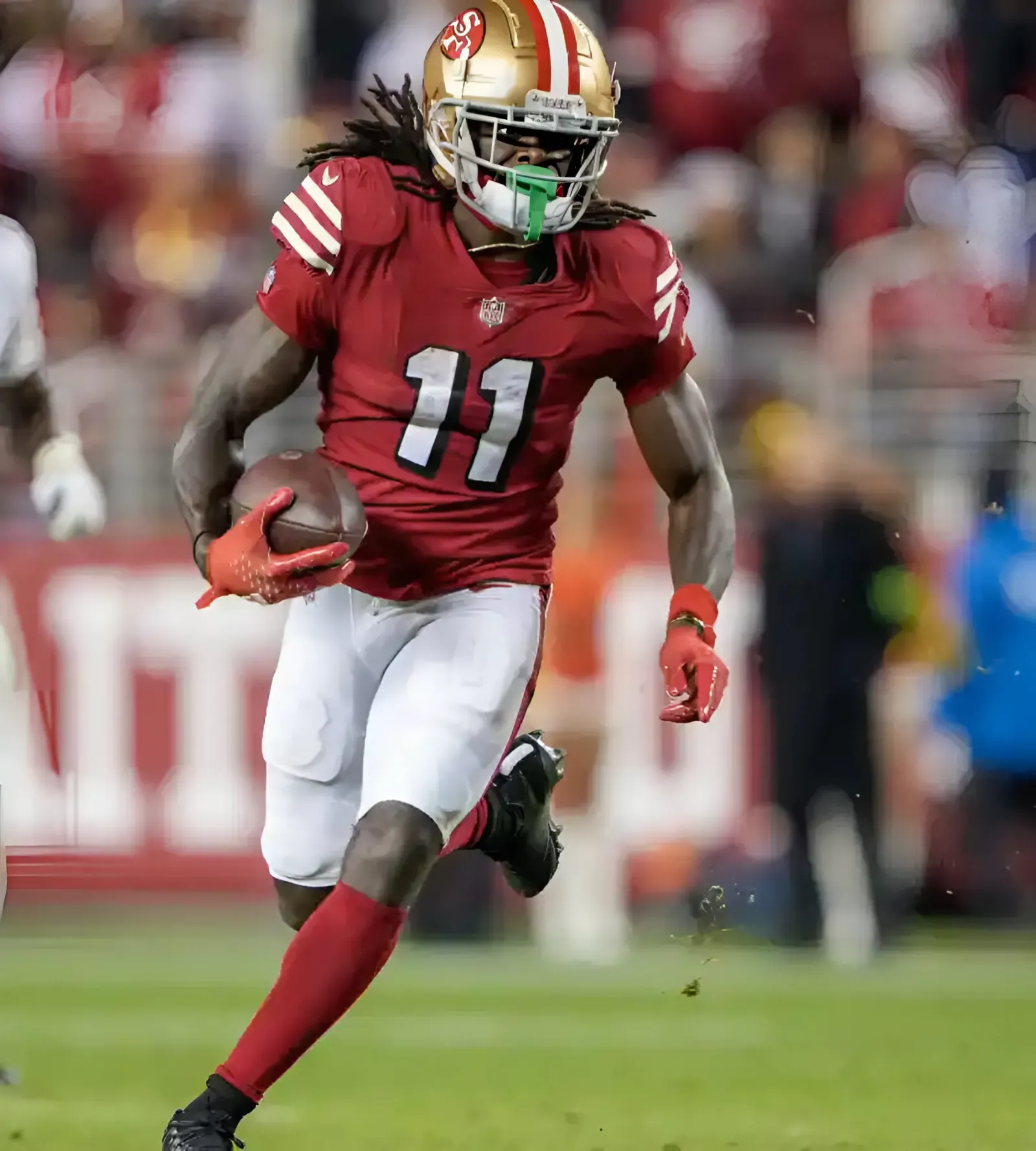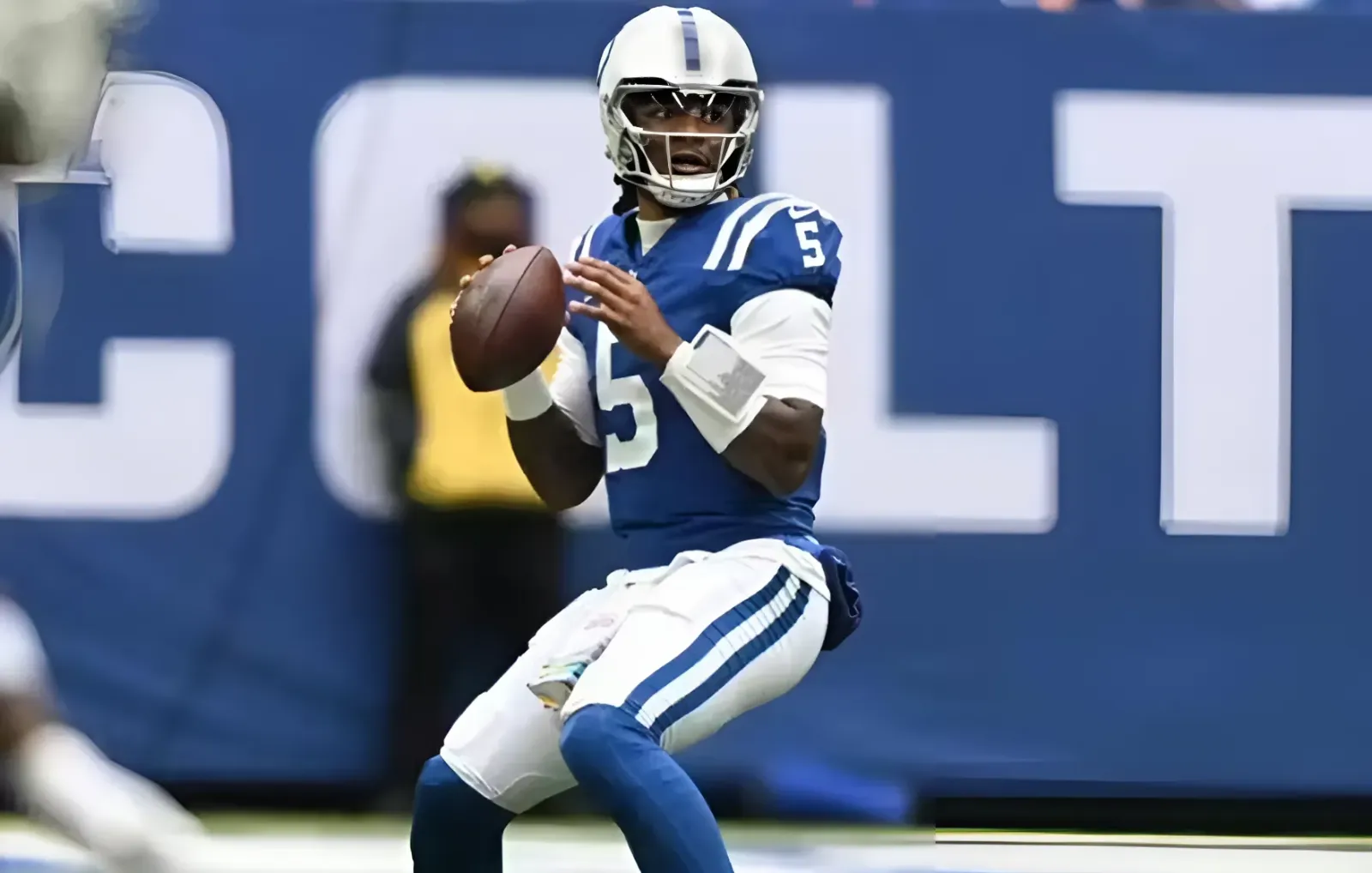The Yankees could still be intrigued by the idea of bringing in Nolan Arenado to play third base, despite rumors of a potential trade cooling off in recent weeks. Earlier this offseason, Arenado blocked a trade to the Houston Astros, but recent reports suggest he has become more open to waiving his no-trade clause, per Jon Morosi of MLB Network. While Arenado’s defensive prowess is unquestionable, his offensive production and contract might make the Yankees think twice.

MLB: St. Louis Cardinals at New York Yankees Sep 1, 2024; Bronx, New York, USA; St. Louis Cardinals third baseman Nolan Arenado (28) throws a runner out at first base in the first inning against the New York Yankees at Yankee Stadium. Mandatory Credit: Wendell Cruz-Imagn Images
Elite Defense, Declining Offense
Arenado has long been considered one of the premier defensive third basemen in baseball, and his 2024 performance further cemented that reputation. Over 1268.1 innings at third base, Arenado recorded six defensive runs saved and nine outs above average, solidifying his standing as an elite run-prevention asset. His glove remains a difference-maker, and for a Yankees team looking to tighten up defensively, Arenado would bring immediate value.
Offensively, however, Arenado is trending in the wrong direction. In 2024, he hit .272/.325/.394 with just 16 home runs and 71 RBIs. His .123 isolated power marked the lowest of his career, suggesting his once-dangerous bat may no longer pack the same punch.

With a 102 wRC+, Arenado was about league-average as a hitter, collecting a respectable 3.1 WAR largely due to his defense. For a team like the Yankees, which plays in a power-friendly stadium, his declining slugging may not fit the profile they need to bolster their lineup.
Contract Complications
Arenado’s contract adds another layer of complexity to any potential deal. He is still owed $74 million over the next three years, averaging $24.6 million annually. However, due to contributions from the Rockies, who owe $10 million spread across those three years, the cost drops to about $21 million annually. If the Cardinals were to chip in another $5–6 million per season, the Yankees would be looking at paying Arenado around $16 million per year.
That reduced price tag is manageable, but committing to a 33-year-old player with declining offensive metrics and a questionable fit for Yankee Stadium’s dimensions feels risky. While Arenado’s defense is elite, the Yankees might wonder if his bat will bounce back or if they would be paying for a player past his prime.
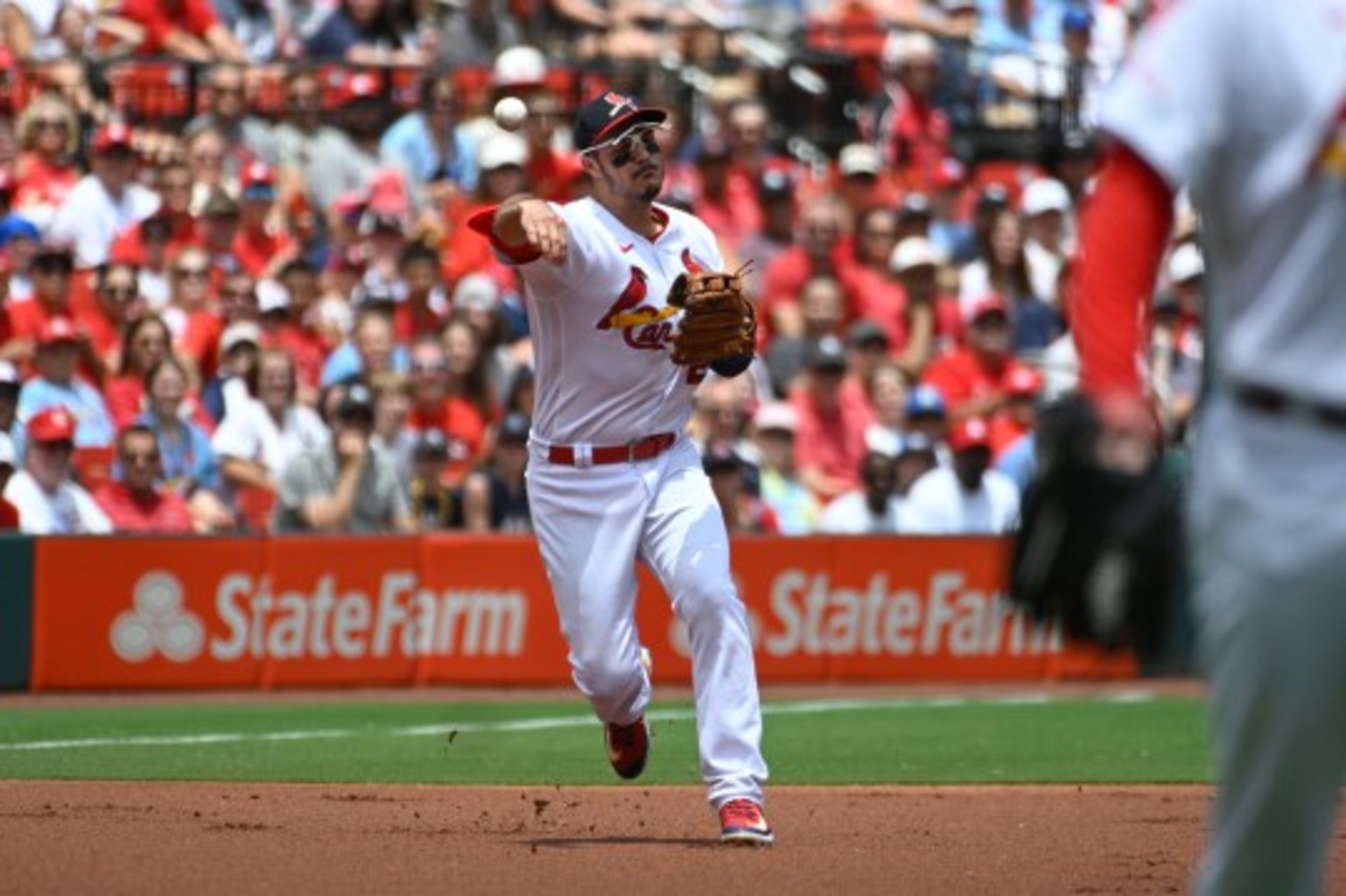
A Trade That Needs to Make Sense
For the Yankees, Arenado could represent an upgrade at third base, especially in terms of defense, but the trade would have to come at the right price. The Cardinals might be motivated sellers as their team trends downward, but New York would need assurances that Arenado’s offensive production won’t decline further.
The Yankees also have to weigh the opportunity cost of taking on his contract when other potential trade targets or free-agent options might provide a better balance of cost and production.
The Yankees are in a delicate position. While Arenado could provide stability and improve run prevention, his diminishing bat and hefty contract might make the Bronx a less-than-ideal landing spot. For now, the intrigue remains, but a move like this would require some serious soul-searching for a team looking to maximize its roster for a title run.
